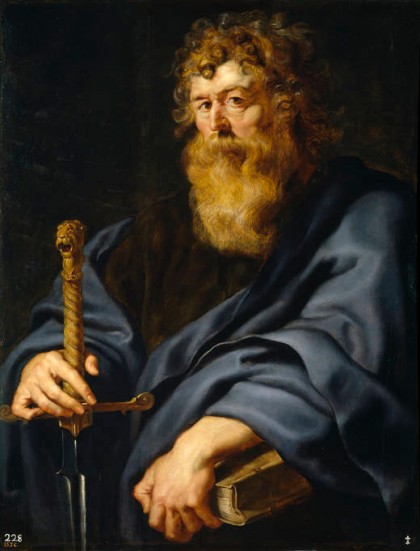About That “Do Unto Others” Part
Devra Torres | Jan 20, 2016
At the risk of commandeering this blog for Stories about My Relatives, today I have one about Nana, my maternal grandmother. (You can read more about her here.)
Nana was generous and hardworking, to an almost superhuman degree. As a daughter of immigrants in early 20th-century Brooklyn, she laboriously earned her RN and became a visiting nurse. She married my grandfather, Lenny, on the original Pearl Harbor Day, and he was promptly sent off to war.  Pregnant with my mother, her firstborn, she'd get on the bus to work, get off to take a morning-sickness break, get on the next one, work a full day, and come back home. Lenny didn't get back from the war until my mother was two.
Pregnant with my mother, her firstborn, she'd get on the bus to work, get off to take a morning-sickness break, get on the next one, work a full day, and come back home. Lenny didn't get back from the war until my mother was two.
When we were little, she and Lenny used to take my sister and me for a week every summer, a whirlwind of ocean bathing, concerts, plays, museums, Chinese restaurants, and bagels. And clothes shopping. A few times a year she'd come visit us in New England--bearing coolers full of chicken cutlets and spaghetti with sausages and entire pork chops in the sauce, which, she'd claim with a straight face, just happened to be sitting around in her freezer. Would we do her a favor and take them off her hands?
When we became Evangelicals and then Catholics, they were gracious about it. They made it clear that they were too old to change their religion and weren't interested in being "witnessed to" (though, to everybody's surprise, they were both baptized in their old age). But they were happy we were happy.
Nana and Lenny helped pay their grandchildren's college tuition. They drove up from New Jersey to take care of me and my household after my first baby was born, and again after a miscarriage.
For years I assumed everybody's grandmother was like Nana, and just took the never-ending stream of special treats as my due.  I cringe to relate that once I even went on a rant about how I wished she'd take us to a higher-class department store for the wardrobe purchases. But eventually I realized that Nana and Lenny were unusual and once asked how I could ever repay them. Nana replied, "Just do the same for your own grandchildren."
I cringe to relate that once I even went on a rant about how I wished she'd take us to a higher-class department store for the wardrobe purchases. But eventually I realized that Nana and Lenny were unusual and once asked how I could ever repay them. Nana replied, "Just do the same for your own grandchildren."
I don't have any yet, but it was an illuminating answer.
In a similar vein, I once went to confession and recounted how I had seriously wronged somebody. I suggested that maybe I ought to do some kind of extraordinary penance to make up for it. A little bemused, the priest countered that maybe instead I could try to be extraordinarily good to that person. That somehow hadn't occurred to me.
And just the other morning, I ran into this passage in St. Paul's Letter to the Romans.

But if you ... boast of your relation to God and know his will and approve what is excellent, because you are instructed in the law, and if you are sure that you are a guide to the blind, a light to those who are in darkness, a corrector of the foolish, a teacher of children, having in the law the embodiment of knowledge and truth—you then who teach others, will you not teach yourself? While you preach against stealing, do you steal? You who say that one must not commit adultery, do you commit adultery? You who abhor idols, do you rob temples? You who boast in the law, do you dishonor God by breaking the law?
These might seem like laughably obvious mistakes to avoid, but you'd be surprised! It's easier than you'd think to get so fixated on your idea of yourself that, rather than aiming to do good, you end up aiming to identify yourself as morally superior. Not the same thing at all.
"Approving what is excellent" is a big improvement on approving what is evil or silly.
But don't forget to imitate Nana, too.
